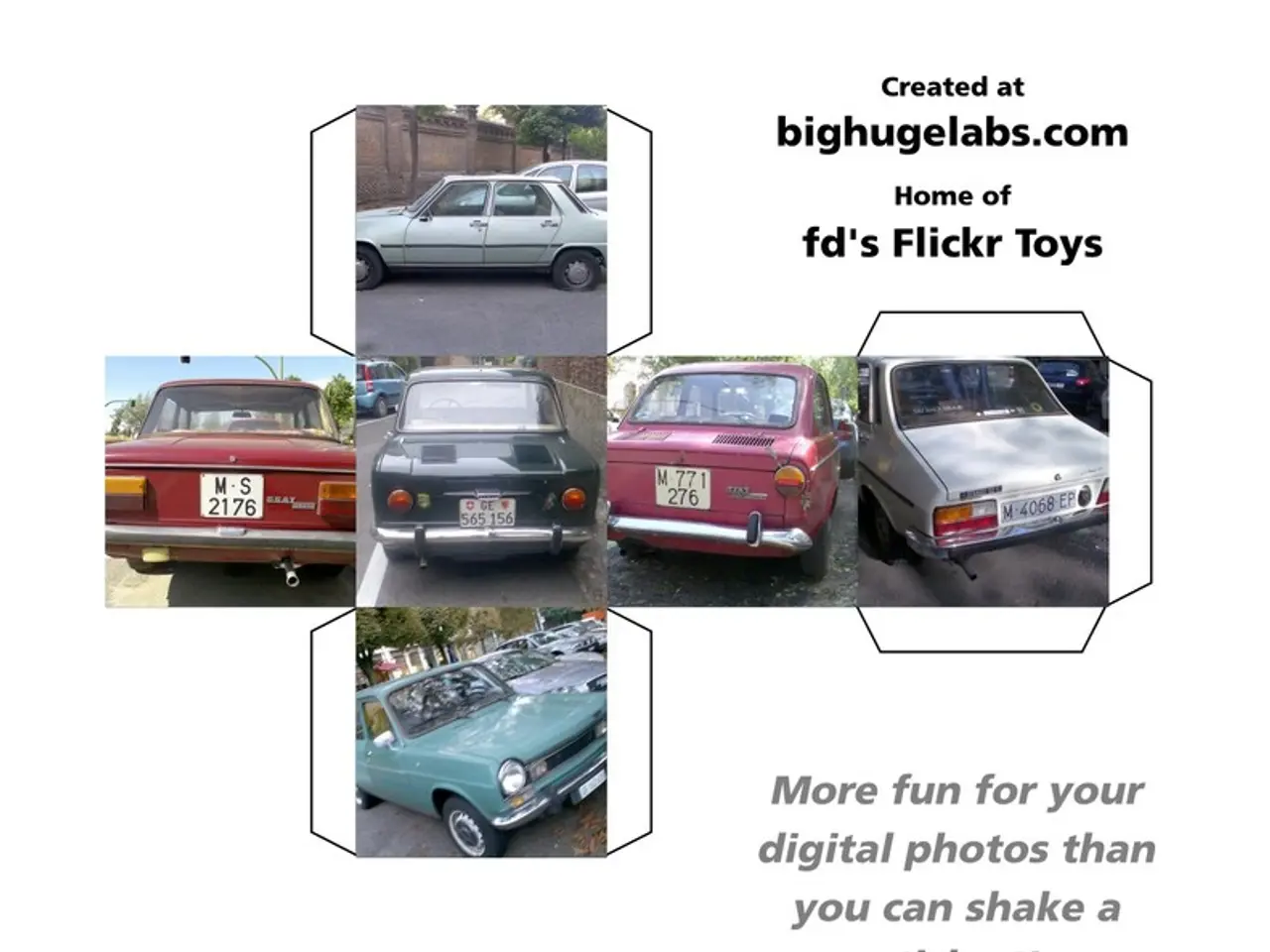Mobile Applications Associated with Anticipations: Tesla, MBZ, and Hyundai Tops the List for Superiority
News Article: EV App Usage Soars, but Satisfaction Remains a Challenge
Mobile apps have become essential tools for electric vehicle (EV) owners, serving as digital keys and command centers. According to the J.D. Power 2025 U.S. OEM EV App ReportSM, the usage of these apps is climbing rapidly, but satisfaction is hampered by persistent connectivity issues, sluggish remote command speeds, and uneven feature performance.
The report, which surveyed 1,966 EV owners across the United States, found that EV app usage is rapidly increasing. Among non-Tesla EV owners, 32% report using their apps during every drive, nearly doubling from 17% in 2024. The mobile app is no longer a value-add for EV owners, but a core component of the ownership experience.
EV owners use mobile apps for tasks like remotely pre-conditioning the cabin, managing charging schedules, and monitoring vehicle status. Violet Allmandinger, mobile apps lead at J.D. Power, stated that leaders in this space deliver fast, reliable connections and intuitive features.
However, high expectations around speed and reliability often go unmet. Nearly half of EV owners say a delay of 3-5 seconds is the longest they'll tolerate when issuing a command through the app. Connectivity complaints among Tesla users dropped from 35% in 2024 to 19% this year, while 37% of non-Tesla users still report connectivity challenges.
More than 70% of EV app users express interest in charge scheduling, trip planning with charging stops, and in-app payment at public stations. However, large numbers of non-Tesla users have never engaged with these tools.
The study evaluated 28 top automakers selling EVs in the U.S., as well as select brands from China and Europe. Tesla continues to set the benchmark for app satisfaction, earning the highest overall score (864 out of 1,000) in the report. Hyundai’s MyHyundai with Bluelink app ranks #1 among mass-market brands for the second consecutive year, noted especially for high scores in Customer Journey, Functionality, and EV Controls.
Despite gains in app capabilities and usage, frustrations with charging reliability persist. About 20% of EV drivers reported inability to charge at public stations in late 2024 due to issues like outages and equipment malfunctions, which also affect app satisfaction indirectly by eroding driver confidence.
In summary, while EV OEM apps are improving and becoming more integral to vehicle ownership, especially with features that streamline charging and controls, the overall satisfaction is tempered by ongoing reliability and usability challenges. Hyundai leads mass-market brands in this space thanks to strong app design and new features boosting user convenience. As regulatory demands, public charging expectations, and customer loyalty increasingly hinge on user experience, the stakes for getting these apps right have never been higher.
- The usage of EV apps, acting as digital keys and command centers, is rapidly increasing among EV owners, beyond being just a value-add feature.
- Among non-Tesla EV owners, 32% use their apps during every drive, a significant increase from 17% in 2024, indicating the importance of these apps in the ownership experience.
- Despite the increasing usage, EV app owners often face persistent connectivity issues, slow remote command speeds, and uneven feature performance, leading to satisfaction challenges.
- More than 70% of EV app users express interest in features like charge scheduling, trip planning with charging stops, and in-app payment at public stations. However, many non-Tesla users have not engaged with these tools.
- hybrid leads mass-market brands in the EV app space, thanks to strong app design and new features that boost user convenience, while Tesla continues to set the benchmark for app satisfaction.




